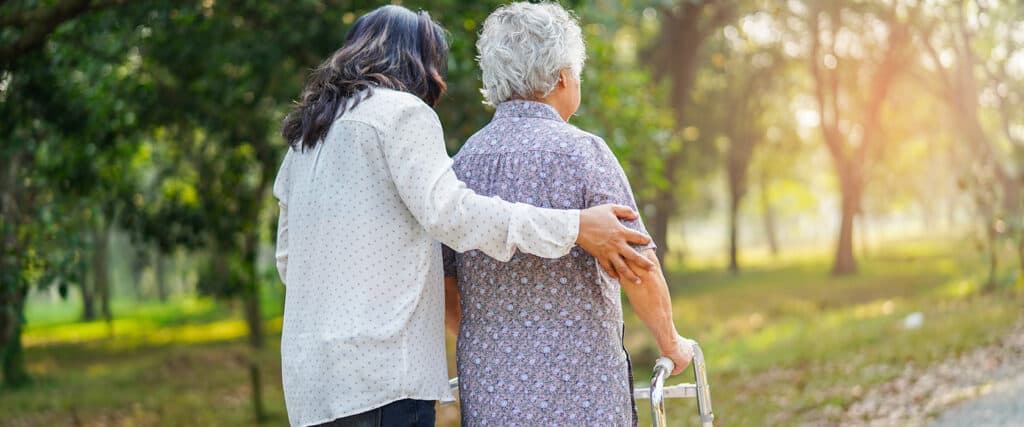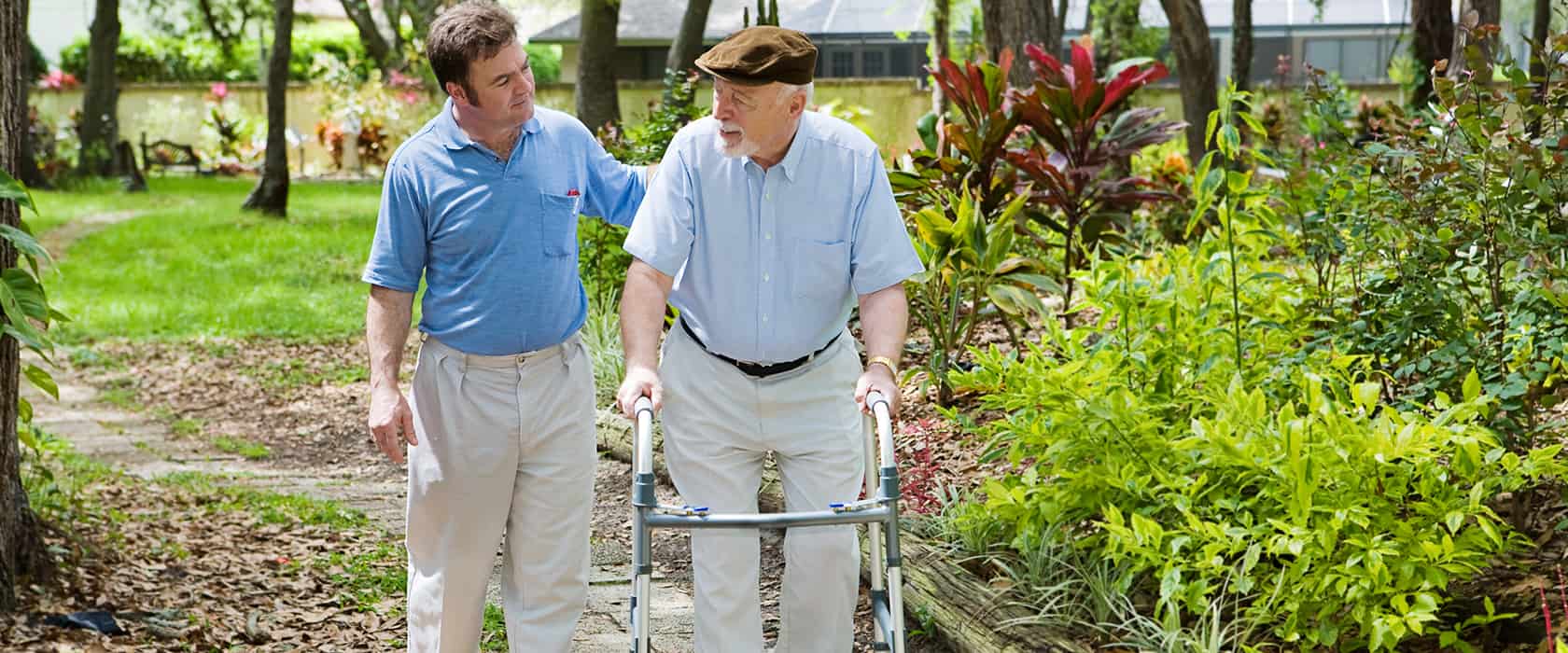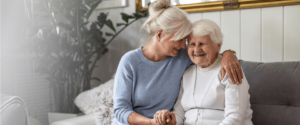
How to Prevent Falls for Seniors
Preventing falls for seniors is vital, as even accidents that seem small and insignificant can have life-altering consequences. Thousands of older adults experience bone fractures each year due to falls, which can mark the onset of more serious health issues and result in long-term disability. For many seniors, this may mean leaving their home or senior living facility.
According to the CDC, more than 1 in 4 seniors (adults 65 and older) fall each year, leading to more than 36,000 deaths, 3 million emergency department visits, and 1 million hospital stays. Falls are dangerous for seniors and equally stressful for their caregivers and family members. And the risk of falling – and fall-related problems – increases with age. According to the CDC, 1 out of 5 falls cause serious injuries such as a broken bone or a head injury. Fortunately, there are many ways to help prevent or reduce falls for seniors.
Top Causes of Falls for Seniors
To prevent falls for seniors, it’s important to understand the potential risks that can cause an elderly person to fall. The more risk factors, the greater the possibility of a fall. According to the National Institute on Aging, these are some of the top risk factors that cause senior falls:
- Decreased eyesight, hearing and reflexes are all a natural part of aging
- Certain conditions – such as diabetes, heart disease or problems with a senior’s thyroid, nerves, feet or blood vessels that could affect their balance
- Incontinence or other conditions that may cause rushed movements
- Mild cognitive impairment or certain types of dementia
- Age-related loss of muscle mass (known as sarcopenia) that can cause problems with balance
- Drops in blood pressure, which can occur when getting up from lying down or sitting (called postural hypotension)
- Foot problems that cause pain or unsafe footwear – such as backless shoes or high heels
- Medications with side effects that include dizziness or confusion
- Safety hazards in the home or community – such as carpets and cords
Ways to Prevent Falls for Seniors

As we’ve noted, there are many different potential causes of elderly falls. Here are a few ways you can help reduce some of these risk factors:
- Stay active: participation in regular exercise routines or programs can help seniors improve their muscles and make them stronger, which can help decrease their risk of falling. Exercises such as yoga (or chair yoga) can also improve balance and strength.
- Fall proof their home: our list of remodeling tips to help seniors age at home is a great resource for fall-proofing your loved one’s home to ensure their safety. Creating ramps in place of stairs, for example, can be your first step. Encourage seniors to be extra cautious when walking on wet or icy surfaces – such as walkways after rain or snow.
- Schedule routine eyesight and hearing tests: any changes to a senior’s sight and hearing can increase their risks for falls. If they need glasses or hearing aids, make sure they fit well and are used appropriately.
- Get good sleep! Falls are more likely to occur if a senior is tired. Technology like a sleep mat can help by providing insights into a senior’s sleep quality.
- Avoid or limit alcohol: too much alcohol can lead to balance problems and falls. There are also medications that can cause an increase in the side effects of alcohol.
- Be aware of medication side effects: talk to your senior’s doctor or pharmacist and make sure they are aware of any medications that may cause dizziness or sleepiness.
- Encourage seniors to stand up slowly: standing up quickly can cause your blood pressure to drop, which can result in dizziness.
- Use assistive walking devices: canes and walkers are great tools for helping seniors feel steady when they walk, thereby preventing falls. Work with their doctor to ensure they’re using the right type of device.
- Be hands free! Encourage seniors to keep their hands free to hold onto railings when walking. If needed, have them use a backpack or shoulder bag to help keep their hands free.
- Wear the right footwear: encourage seniors to wear shoes that are non-skid, rubber-soled and low-heeled. Also try to avoid walking on stairs or floors in socks or shoes with smooth soles.
Preventing Falls with ClearWellness service
Another way to help prevent falls for seniors is to join ClearWellness – providing personalized senior care services by a Certified Health and Wellness Coach with smart device monitoring. Our Coaches work with seniors to create Wellness Plans, which help prevent falls by:
- Addressing sleep goals and plans to improve mental acuity to help reduce the risk of night-time falls
- Developing activity goals to address fall prevention needs, muscle and bone atrophy and help seniors achieve their general exercise goals
- Proactively report on wellness goal progress and changes in well-being
- Monitoring emergencies and fall detection
By preventing falls for seniors, ClearWellness service helps seniors remain in their homes independently!
If a senior experiences any type of fall, it’s important to let their doctor know. Even without injury, a fall may help alert a doctor to a new medical problem or issues that need to be addressed. Preventing falls can be lifesaving for seniors, and the best way to prevent a fall from happening is to be proactive about creating a safe living environment. That’s why it’s so important to evaluate your senior’s living space to ensure they feel safe and secure!
You Might Also Like

Collaborative Approaches to Senior Wellness: The Power of Support Systems
